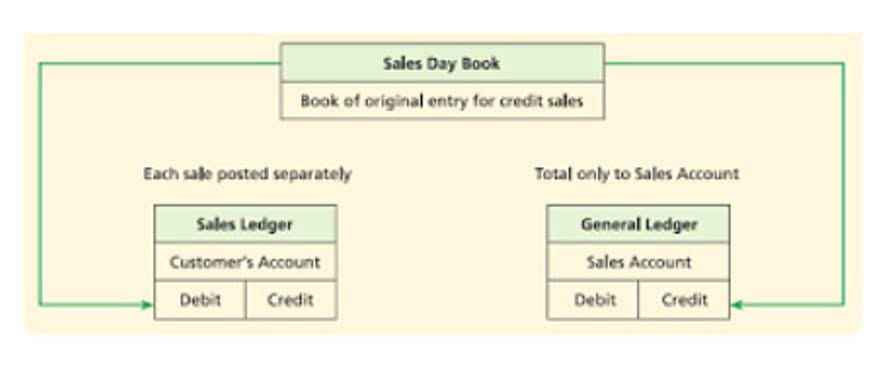
For instance, “$5MM” abbreviation to indicate “five million dollars” would be better accepted in the US than in the UK. Abbreviation conventions have evolved over time as they are influenced by industry-specific jargon, regional dialects, and technological developments. In this example, “MM” is inappropriate because it’s not a widely accepted practice, but it was included. Readers who are unaware of the denomination might misinterpret the data.

How To Abbreviate Million, Billion and Thousands on a Resume
This is ambiguous; hence, if you wish to be unambiguous the use of M to mean either thousands or millions is to be avoided. Thus, we’re left with k and MM as to unambiguous ways to denote thousands and millions respectively. However, I often see where those who are dealing with financing (banks and investment houses for bonds) use the MM Record Keeping for Small Business for millions of dollars. In the general environment of municipal government, for dollars we use K for thousands, M for millions and B for billions. If K and MM are used, it’s bad style because the symbols are being mixed up. But if M and MM are used, non-experts might not even be aware that M is a symbol for thousands and get confused.
Informal Abbreviations to Avoid
- This shorthand is particularly useful in simplifying the presentation of large figures, making financial documents more readable and less cluttered.
- The term MM is used in the finance world to denote one million and is a standard nomenclature used across the globe.
- Once you get above that amount, you’d say billion or trillion instead of using the numbers.
- Writing style guides recommend that figures under a million should be written numerically (1,000 vs. one thousand).
- If you win the jackpot, you can either have it paid as a one-time cash lump sum, or as an annuity with annual payments made over 29 years.
- In finance and business, the abbreviation “M” is the go-to choice for representing “million.” As mentioned earlier, it is prevalent in financial statements, company reports, and investment discussions.
The word “million” is not a commonly abbreviated word, but its abbreviations still have their place. An abbreviation for million is most often seen in financial documents and paperwork. Swap the word “million” for “mil” or “mm” to avoid redundant language but to still be specific in how large numbers you’re working with.
- What matters is that readers look at the figures and understand the amounts.
- Content contained on or made available through the website is not intended to and does not constitute legal advice or investment advice and no attorney-client relationship is formed.
- You can also use “M.” This has historically been used to mean thousand, but is rarely used that way anymore, so it’s unlikely to cause confusion.
- If K and MM are used, it’s bad style because the symbols are being mixed up.
- “M” is only used as an abbreviation when talking about a lot of money or in scientific communities.
Where do the Mega Millions draws take place?
- When an analyst must present various different types of units, it is recommended to add a “units” column so that each item contains a label for easy reference.
- The abbreviation “M” is widely used and recognized, especially when referring to monetary amounts.
- By effectively utilizing abbreviations like “M” and “MM,” you can convey numerical information quickly, concisely, and accurately.
- Whether the topic is significant sums of money or a massive quantity of something, it’s common to use abbreviations when writing out large numbers in text.
- Most native speakers wouldn’t care much about “million” as an abbreviation because they won’t often come across the number in their daily lives.
- I have seen one million represented by mn and also by m (both lower case).
It’s a concise way to denote large amounts without taking up a lot of space on the page or screen. You can use any of the above abbreviations for thousand options when referring to thousands in writing. mm or m for millions A millimeter (abbreviated as mm and sometimes spelled as millimetre) is a small unit of displacement (length/distance) in the metric system. Million is generally abbreviated with a capital M as in Megabyte or just “mn”. Rather than use the barred M, however, accounting went with MM as an abbreviation for a million. For example, 1MM equals 1 million, $34MM equals $34 million and so on.

📊 Master Excel & Finance SkillsJoin 100K+ Learners⚡Up to 80% OFF!Instructor: Dheeraj Vaidya, CFA, FRM

All lottery prizes are taxed at the federal level, and most states also tax lottery winnings. Taking a cash lump sum payout can push you into a higher tax bracket. See our tax calculator to find out how much you will owe if you win the jackpot. If you win the jackpot, you can either have it paid as a one-time https://saproperty.gsddemo.co.za/general-journal-vs-general-ledger-top-5/ cash lump sum, or as an annuity with annual payments made over 29 years.

Why Do Accountants Abbreviate Long Numbers?
By following these guidelines, you can confidently navigate the world of “M” and “MM” and abbreviate millions like a pro. These regional variations highlight the importance of understanding local customs and practices when communicating numerical information. ExcelDemy is a place where you can learn Excel, and get solutions to your Excel & Excel VBA-related problems, Data Analysis with Excel, etc. We provide tips, how to guide, provide online training, and also provide Excel solutions to your business problems. If you think there’s any possibility of your use of MM being confusing or being misinterpreted, you’re safer writing out the numbers or using “millions.”
